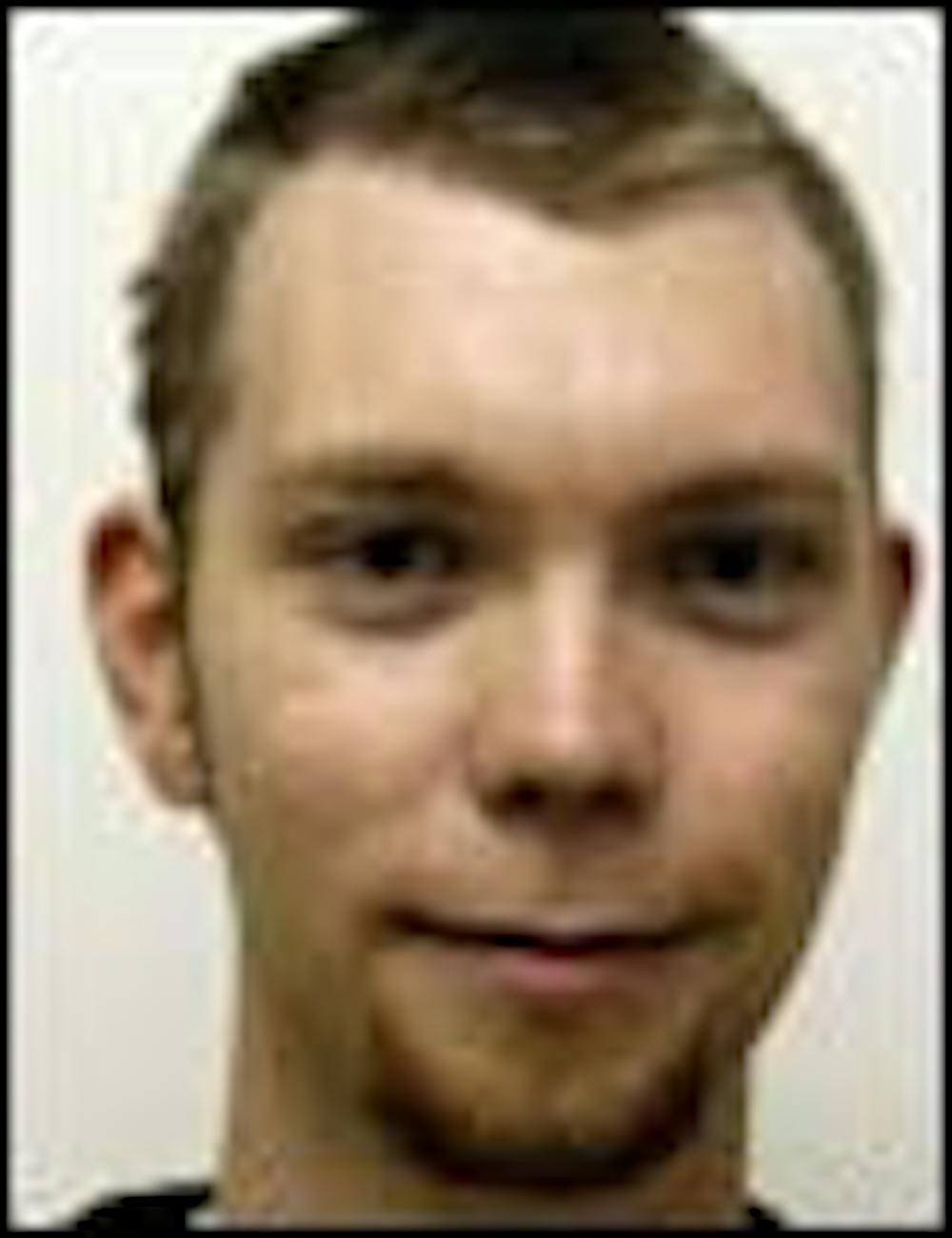Maybe Darwin's time in the spotlight is about to come to an end.
Last week, Georgia Public Schools Superintendent Kathy Cox proposed amending state education policy so that the word "evolution" will be replaced in its curriculum with the phrase "biological change over time." "Evolution," according to Cox is merely a buzzword, apparently as overdue for the dustbin as all those metrosexuals and weapons of mass destruction.
Evolution, whether or not you believe in its merits, has been established again and again as scientific fact. But I'm still skeptical. As a small child, I queried my grandfather on the subject. My grandfather, being the learned man that he was, informed me, "I ain't no monkey." The subject was duly closed, my curiosity satisfied.
After all, the matter was solved. Upon further inspection, it was determined that my grandfather was not, in fact, a monkey. I had surely been foolish to have thought that one organism could possibly derive from another after millions of years. After all, it seems so convenient that everything in the universe came pre-assembled for our pleasure. Lord knows I don't have the slightest idea how to put a cheetah together, even after organic chemistry class, so perhaps these are matters best left to someone else.
Humanity needs to move beyond the antiquated ideals of evolution. The problem with evolution is that it's just too damned slow. The order of the day is bigger, faster and cheaper, and "gradual change over time" will just not do. Humanity should take charge of its own destiny and declare independence from the reins of scientific principles.
We started with the agricultural revolution, steamrolled right past the industrial age, and into the age of scientific glory. And yet we still sit at the mercy of the whims of nature. With the entirety of the genetic arsenal under our belt, why is it that we can't just engineer our way out of more of our problems?
Time and again, nature has shown us that any species that overindulges in the common resources of this planet meets a very swift and silent end. And these days, that species sure looks a lot like us. Sure, you may feel perfectly at home here, but according to Randolph Neese from the University of Michigan's Medical School, human bodies are still stuck in the Stone Age, far more suited for hunting and gathering. Most preventable modern diseases, it turns out, are more the result of our rock 'n' roll lifestyle than anything else, genetics included.
But damn it, I want my MTV. I'm not gonna let a few technicalities take that away from me. And I'm sure as hell not planning to sharpen my spear or build a campfire in my apartment anytime soon. Science provides wonderful solutions to many of the perils of modern-day life, but this doesn't mean we should not sit idly by, waiting for the evolutionary grim reaper to decide our time has come.
Cox seems to be harping on the fact that evolution takes time, but maybe she's on to something. We've already burned a lot of time waiting for our problems to take care of themselves. Instead, they seem to multiply.
In this regard, I applaud our president for his new initiative to extend America to the moon and then to Mars. He truly has the best interests of the American public in mind. After all, the suburbs cannot go on forever. And the oil fields of Texas will surely dry up eventually. Even our Middle Eastern conquests may not be enough to satiate our thirst. So why not look for resources elsewhere?
I think it's time to get our act together. The forces of nature have been in the driver's seat for too long. I'm sick and tired of the grand scheme of things. Humanity is far too adept at paving over, exterminating or relocating any undesirables that may present themselves for this to continue. And after all, just because we're running out of resources and space is no reason to halt mankind's conquest of the greater-known galaxy.
Brian Clapp is a biology and political science senior. He is currently on assignment in Washington negotiating Martian oil futures, and can be reached at brian.clapp@asu.edu.




